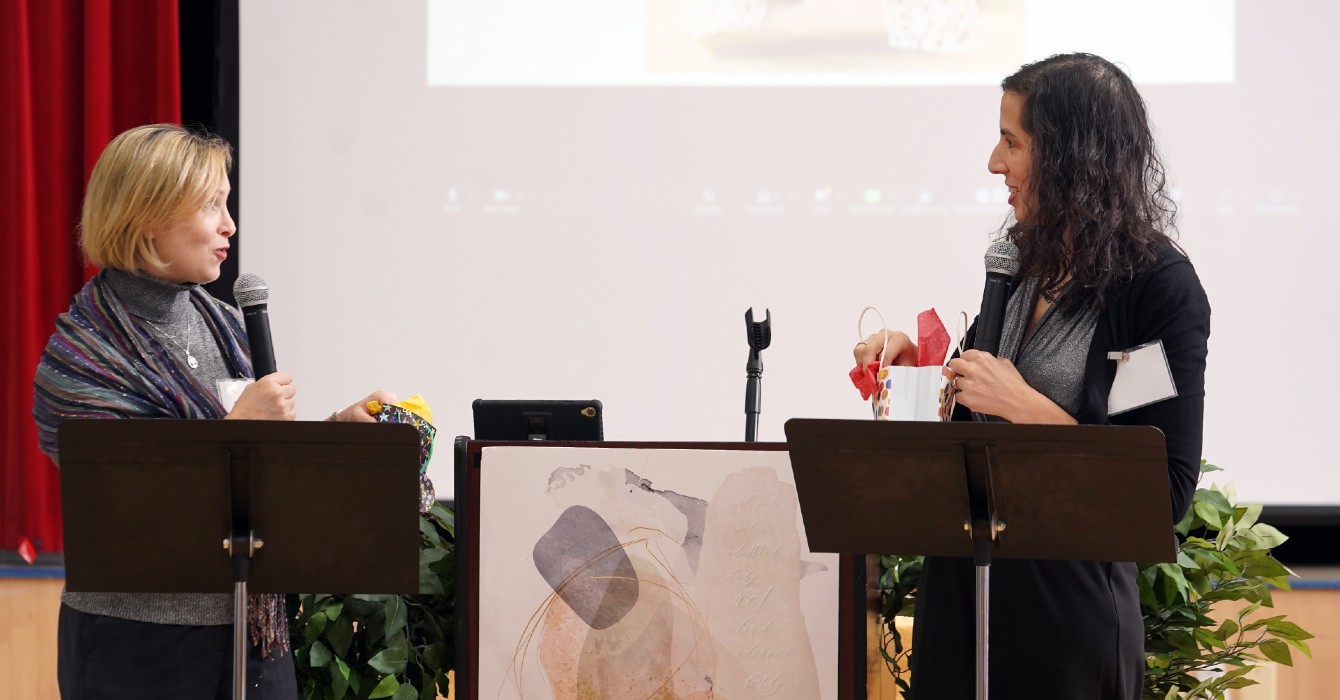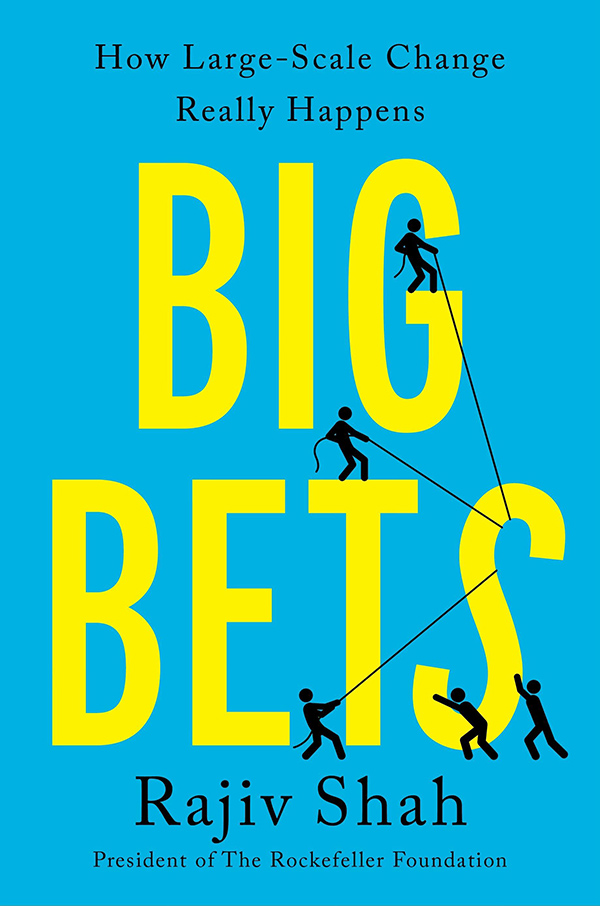In my early 30s, I was recruited to “start” the Center for Congregational Health by Neil Chafin, an Episcopal lay person who was a long-time church consultant and N.C. Baptist Hospital executive.
Neil had spent the previous 10 years laying the ground work for this ministry, building constituencies, identifying services, raising money and getting institutional support. He then worked beside me, teaching me how to do the work and letting me lead.
Many a new pastor acts as if history began as the pastor arrived. Yet even when a ministry is started fresh, it is built on a foundation. Someone cultivated the conditions necessary to start. Paul points to this progression in his first letter to the Corinthians,"I planted, Apollos watered, but God gave the growth.” (1 Corinthians 3:6, NRSV)
American culture is focused on the star and the hero. The cultural default is to credit Steve Jobs with all of Apple’s good ideas, Bill Gates with Microsoft’s strategy of world domination and the President for the national economy. Leaders, who begin to believe the press, can lose the humility required to recognize the good work of those who came before.
As a young pastor in a 100-year-old church, I had lots of great ideas for reaching out to the community, strengthening the youth ministry, growing the Sunday school and more. People praised me for such innovation.
One day I discovered a cabinet containing 30 years of worship guides that contained announcements explaining all of the church’s activities. I began reading the bulletins from the first year of my predecessor’s ministry, 15 years prior. I discovered that most of “my” good ideas looked very much like things he led. I began to dig into when and why the innovations stopped, seeking to understand what I might do differently.
Most leaders don’t have the benefit of working concurrently with someone like Neil. Typically, the previous leaders are gone. Relics of their work can be unearthed, but effort is required. Careful listening to the hero-laden stories of the past reveals the activities and convictions led to the current circumstances.
The places I worry about most are those that gloss over the past.
I was once interviewed by a pastor search committee to be the congregation’s first pastor. The group began by pulling away from another church. In preparation for the interview, the chair told me that the group did not want to speak of the past but was focused on the future.
During the interview, my first question acknowledged that the search committee did not want to focus on the past. What, I asked, did they see for their future?
Each person told her or his story of the pain of leaving the church -- a pain each was trying to forget. Yet forgetting the past makes it likely that the next generation will repeat it.
A few years into my ministry with Neil, I asked him why he had created a job for me that included everything that he loved to do and created a job for himself that focused on difficult, life-sucking work.
Tears welled up as he told me that he was not the right person to lead the charge; God called him only to prepare the way.
Years later, in the last days of his life, I reminded Neil of our conversation about jobs. He said that he had often reflected on the question and concluded that he would not change his answer. What he needed most to fulfill the difficult parts of his work was for those who followed him to acknowledge what had come before and to learn from it.







